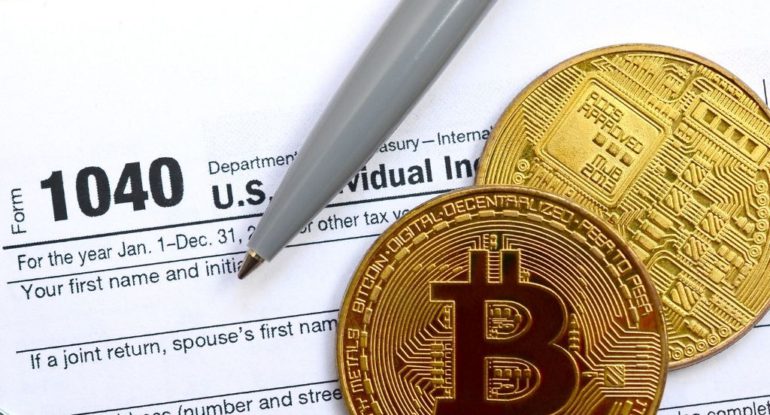How the crypto flash crash can bring you tax liabilities

Despite El Salvador making Bitcoin legal tender, Bitcoin and other cryptocurrencies dropped steeply on September 7. This crypto flash crash wiped out $400 billion in market value. Bitcoin fell about 10%, coming down to less than $44,000. However, the winner as a result of this volatility is the IRS.
A flash crash is an event in electronic securities markets where the withdrawal of stock orders rapidly amplifies price declines and then quickly recovers. The result is a rapid sell-off of securities over a few minutes, which results in dramatic decreases.
How does this apply to crypto, which is especially volatile? A flash crash may not be a fair description in the crypto market that is always volatile. However, the latest crypto flash crash involved many sales and purchases. So, stock flash crashes of stock are a helpful analogy. In 2010, in the wake of a flash crash of supplies, the IRS had its say about taxes, and in IRS Information Letter 2010-0188, the IRS responded to a request from investors/brokers that:
- Investors should be allowed to reinvest in the stock they sold;
- The replacement stock should be given the same basis as the stock they initially held; and
- Investors should be excused from recognizing gain.
As appealing as this sounds, the IRS said it didn’t have the authority to grant this relief. Maybe this makes you think of wash sales, where you sell stock to trigger a loss and then repurchase it. But this is the flip side of a wash sale, and there is nothing in the tax law to allow you to defer any such gains. In the letter, the IRS agreed that the wash sale rule of Section 1091 of the tax code could prevent you from recognizing a loss.
Think of how out of control the IRS would be with a CBDC. They’d literally just rip suspected tax liabilities from your account.
Crypto and stablecoins are the way. 99.9% of people will still correctly pay their taxes & the IRS can focus on the other 0.1% for tax evasion. pic.twitter.com/10WBrdOeRM
— Ryan Selkis 🥷 (@twobitidiot) January 14, 2022
Today, after a decade, stop-loss orders for crypto have become common. Given how volatile the market is, that does not come as a surprise. A stop-loss order automatically closes a position when the price hits a pre-determined level. Stop-losses can help manage your risk, and there is a lot of trouble in crypto.
However, no rule prohibits crypto owners from buying and selling as much as they want. There are no wash sale rules like the ones that apply to stocks. You can sell your crypto and repurchase it immediately without a 30-day waiting period.




























































